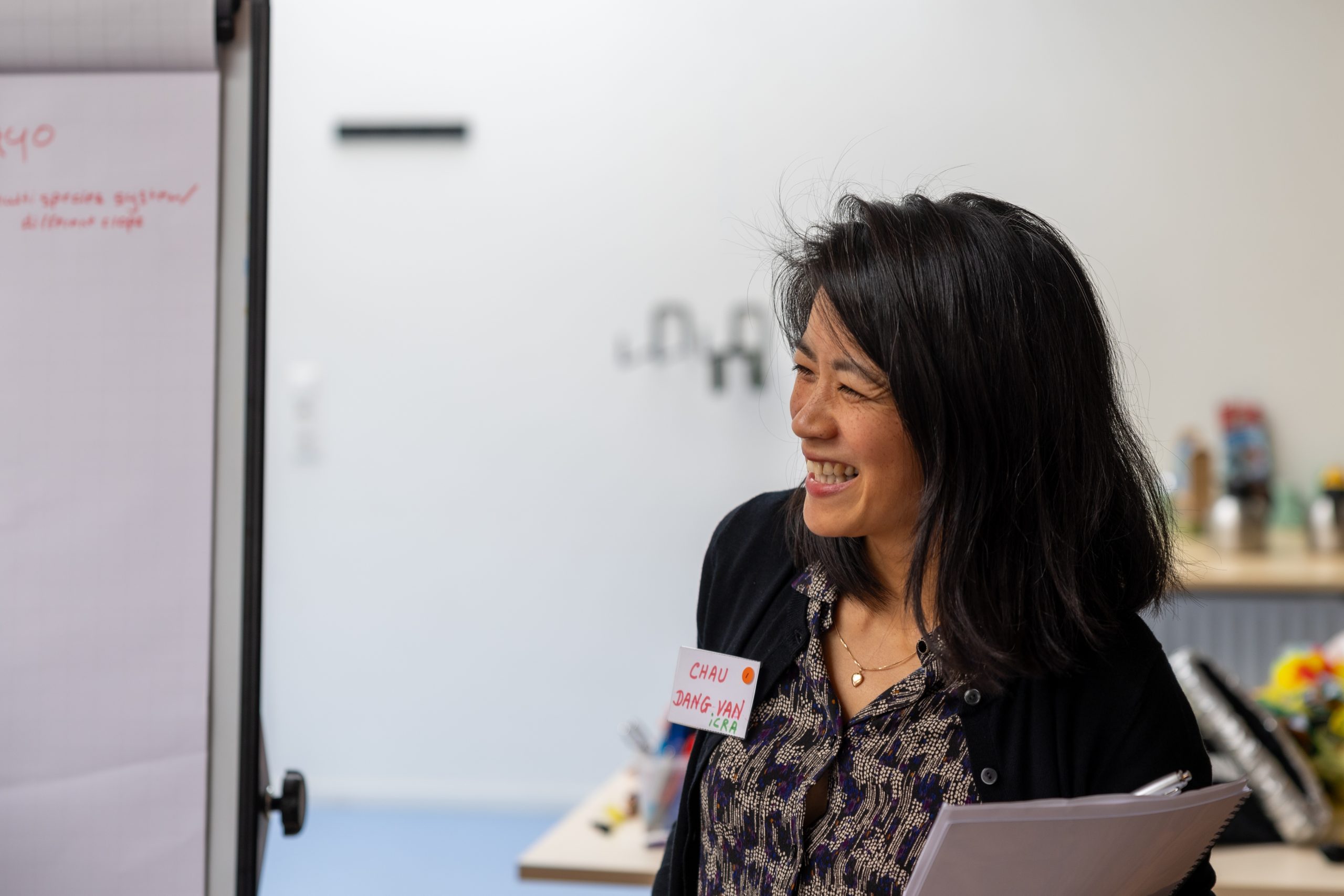A successful internship benefits everyone
A well-organized internship benefits students, schools, and companies in different but interconnected ways. For students, it’s a chance to gain hands-on experience, develop industry-specific skills, and build confidence in a real work environment. They learn to navigate professional settings, apply their knowledge in practice, and expand their career opportunities. For schools and teachers, internships strengthen the link between education and the job market, ensuring that students graduate with relevant skills. They also provide valuable insights into industry needs, helping to refine curricula and teaching methods. For employers, internships offer access to fresh talent, innovative ideas, and potential future employees. A well-prepared intern can bring new perspectives to a company while also learning from experienced professionals.
Each perspective has his own objectives, responsabilities and obligations before, during and after the internships.
Before the internship
The key to a good internship is knowing what success looks like. Students should have clear learning goals, schools should ensure that internships align with educational programs, and companies should provide structured opportunities for skill-building.
There are three types of skills that an internship should help develop:
- Technical skills: e.g., learning how to improve dairy production or manage irrigation systems.
- Professional skills: e.g., presenting a project, communicating effectively, or giving and receiving feedback.
- Personal skill: e.g., building resilience, managing time, or learning to work in a team.
During the internship
This is where the real experience happens. Students apply what they’ve learned in class, but they also need support and feedback to grow. Companies play a crucial role here, not just as employers, but as mentors.
Regular check-ins and clear guidance help students develop confidence in their work. At the same time, schools should stay involved, making sure the internship remains a learning experience, not just a set of tasks.
For companies, the best interns are those who actively engage, ask questions, and seek feedback. And for students, the best learning happens when they step out of their comfort zone and take initiative.
After the internship
Often overlooked, the post-internship phase is essential. A final evaluation measures whether the student has met their learning objectives. It’s also a time for reflection: What worked well? What were the challenges? How can these lessons be applied in the future?
For schools and companies, this phase is equally important. It’s an opportunity to fine-tune internship programs to make them even more effective.
Defining objectives: Three types of skills
Before an internship begins, it is essential to set clear learning objectives. There are three key types of skills that should be developed:
- Technical skills: These involve acquiring job-specific knowledge. In an agricultural internship, for example, this could mean learning techniques to improve dairy production or manage irrigation systems.
- Professional skills: These focus on how a student integrates into a professional environment. This includes communication, report writing, giving and receiving feedback, and managing meetings.
- Personal skills: These relate to personal growth and soft skills, such as adaptability, stress management, teamwork, and work ethic.
Reflection and action before, during and after
The key to a successful internship lies in continuous reflection and action throughout the process.
- Before the internship, the focus is on defining expectations and objectives for both the student and the stakeholders involved.
- During the internship, it’s about monitoring progress, providing feedback, and adjusting learning strategies based on challenges and insights.
- After the internship, a critical evaluation helps identify successes and areas for improvement, not just for the student, but also for the company and school, which can use these insights to strengthen their internship programs.
At iCRA, we believe that the best learning happens through real experiences, strong partnerships, and structured reflection. That’s why we support schools, universities, TVETs, and businesses in creating internships that truly prepare young people for the job market, helping educational institutions better align with private sector needs and companies find future talent.


